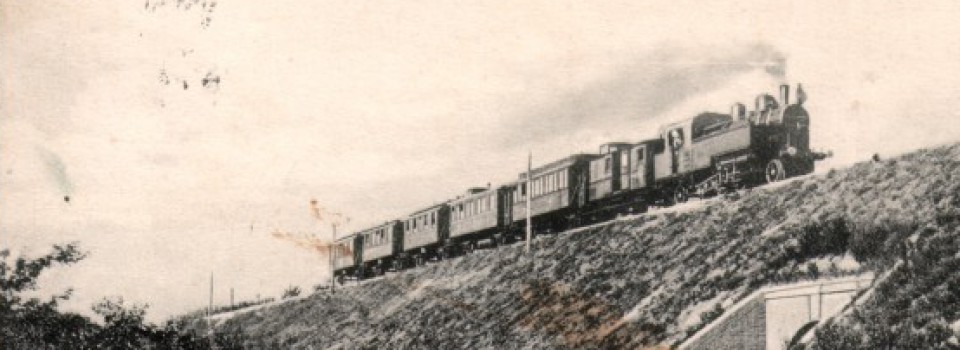People of this region associate several orientation points, for example trees, with the figure of Sándor Rózsa: thus the famous highwayman leader participates in and, at the same time, forms the fate and history of this population. Two decades ago, there were more local people alive whose grandfathers’ godfather was – by their own admission – proven to be Sándor Rózsa. Sándor Rózsa was born in Lower City of Szeged on 10th July 1813, and of course, even his birth could not pass without some miraculous signs, since he arrived during a storm and supposedly he kicked off the swathing bands after his birth. Thus he gave evidence of his future exceptional strength. During the war of independence in 1848-49, the highwayman and his draft of troops of 150 people fought on the side of Hungarian soldiers, and the volunteers crops, armed with ringed whips and pistols, primarily fought against southern Serbs, but then they continued with plundering people in Délvidék. This way, Sándor Rózsa became outlaw before the end of the collapse of the revolution, and there was issued a warrant for the arrest of him again after 1849. His last attempt of robbery was even the most hazardous, when he wanted to rob the post train, in service between Szeged and Budapest. Rózsa and the highwaymen picked up the rails next to Kistelek, and they were waiting in the thicket for the train to derail. The captured outlaw’s trial was put on the agenda in 1872, and although the prosecutor asked for death, he was taken to prison in Szamosújvár. He was unable to escape – because of his old age and diseases –, and he worked as a tailor and then as a stocking-knitter, until his death in 1878. The island in the northern part of Lake Ludas – in any case, according to the telling – served as a hideout for him: some romantic ideas still take wings when entering the land of the tiny island.
Árpád Papp
Source:
http://www.rubicon.hu/magyar/oldalak/1813_julius_10_rozsa_sandor_szuletese/
Author: Tamás, Tarján M.




